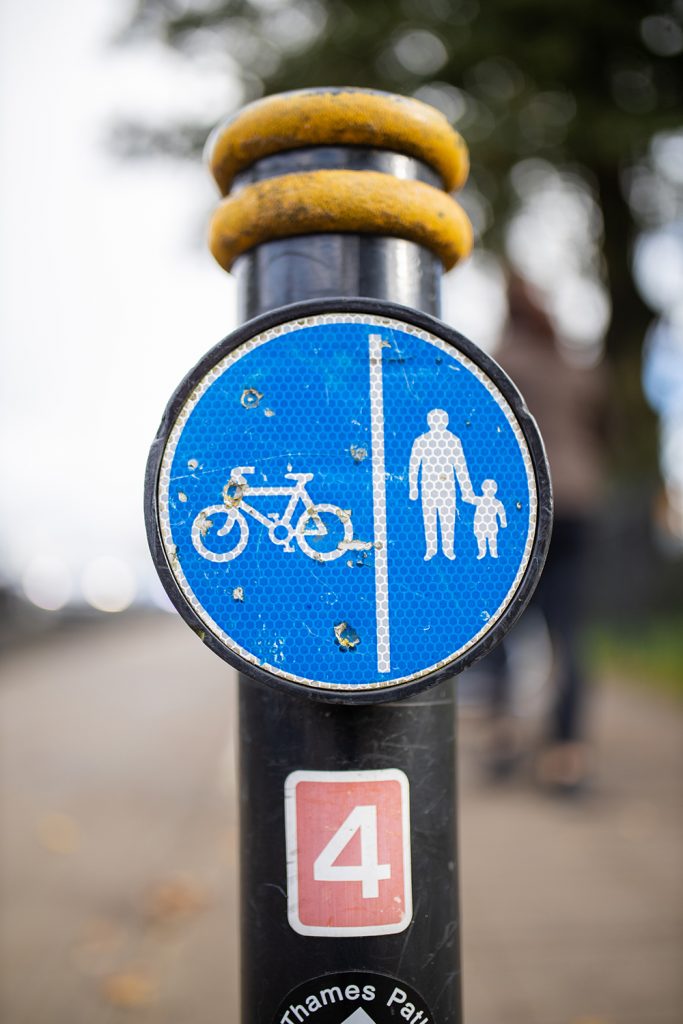
It never hurts to emphasize the importance of road safety, especially during European Mobility Week, which runs from 16 to 22 September. As in previous years, this edition offers many activities and proposals – almost 500 in 40 countries around the world – to promote good practices and sustainability in this area. Among these celebrations is Car-Free Day, to reinforce less polluting behaviors when traveling everywhere. And to encourage us not to be so dependent on the use of private cars: the global motto continues to be “Match and move!“
This initiative, which emerged in Europe in 1999, has had the support of the European Commission since 2000 and advocates the use of more efficient and environmentally friendly transport. Values that must be instilled uninterruptedly in the entire population, in all age groups and, of course, from school, where the pedestrians of today and the drivers of the future are forged.
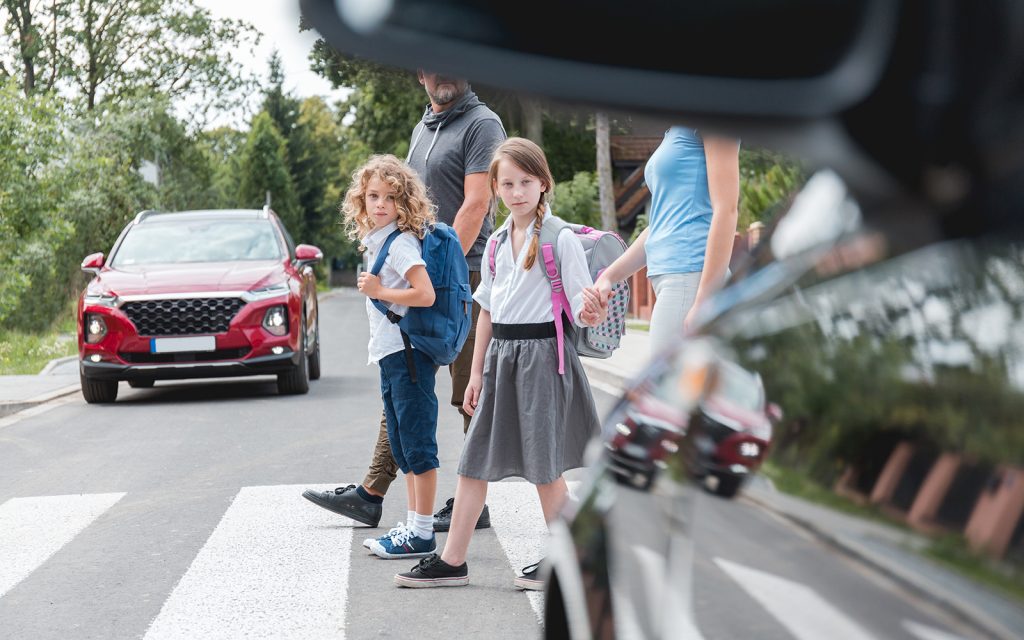
Back to school on wheels
When things are going well we say they are rolling along, and, now that kids are returning to the classroom after the summer holidays – both in the so-called Old Continent and in nations such as the United States – schools often appeal to the firm commitment of families to reduce incidents in school environments due to the increase in daily traffic in public spaces. In this sense, even the most modest actions of individual and collective responsibility promote coexistence, reduce accidents and – here and now – protect children in their daily lives.
It is time to “Think globally, act locally”. For example, the Las Rozas Police in Madrid issued a statement on the occasion of the start of the academic year in which it points out basic tips that make life easier – and may even save it – for the entire population. These include simple behavioral guidelines such as “do not double park” and “respect the spaces for people with reduced mobility”.
And how can we avoid crowds at the entrances to schools? All we need to do is park a little further away so that the entrances and exits are more fluid and safe. Also, and if this is stressed by the officers it is because it is not always complied with, we must get our sons and daughters used to wearing their seat belts correctly; and, when we arrive at a safe place, it is recommended that they get out of the vehicle through the door that leads to the sidewalk. On the other hand —and let those who are without sin cast the first stone— families are required to cross at the indicated places and be a model of civility for future generations. Because as we know, nothing happens until it happens.
Here are some suggestions – sent from a municipality in Madrid – that really help to create positive habits and promote road safety – from childhood – in any country in the world. These are assignments – excuse the pun – to be handed in throughout the year. A cross-curricular subject where grades must be good.
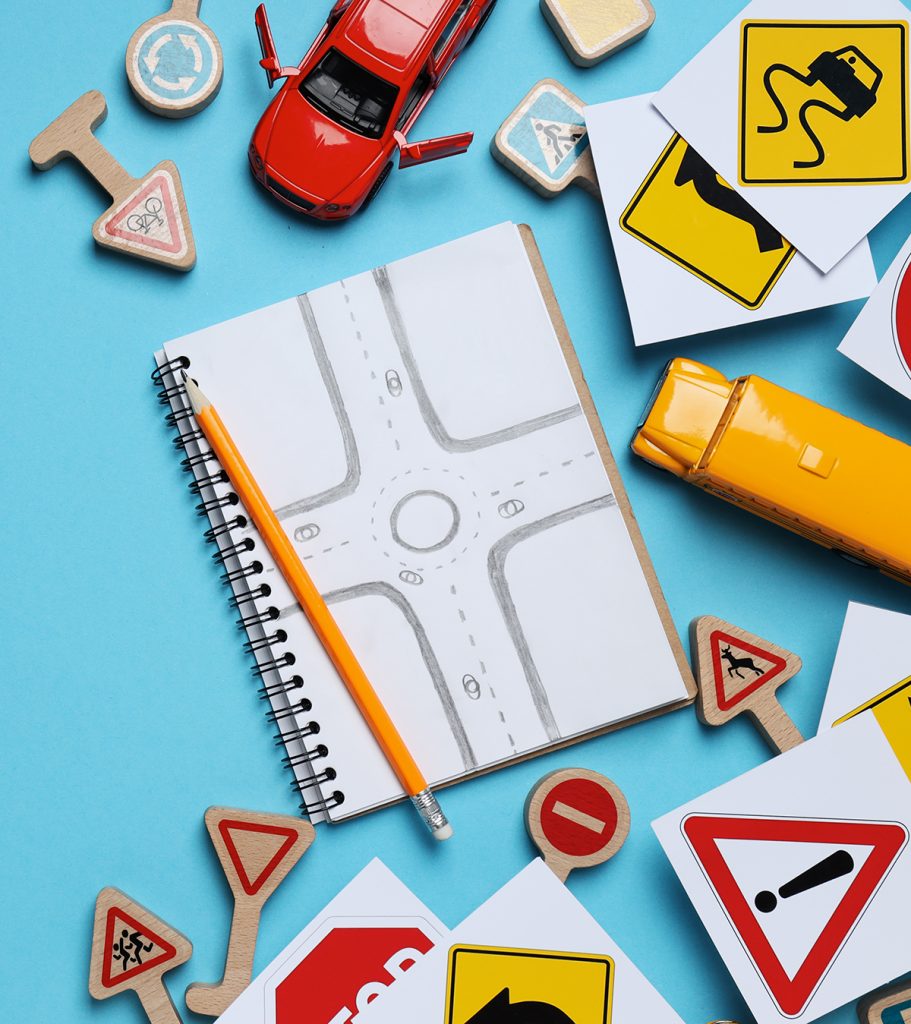
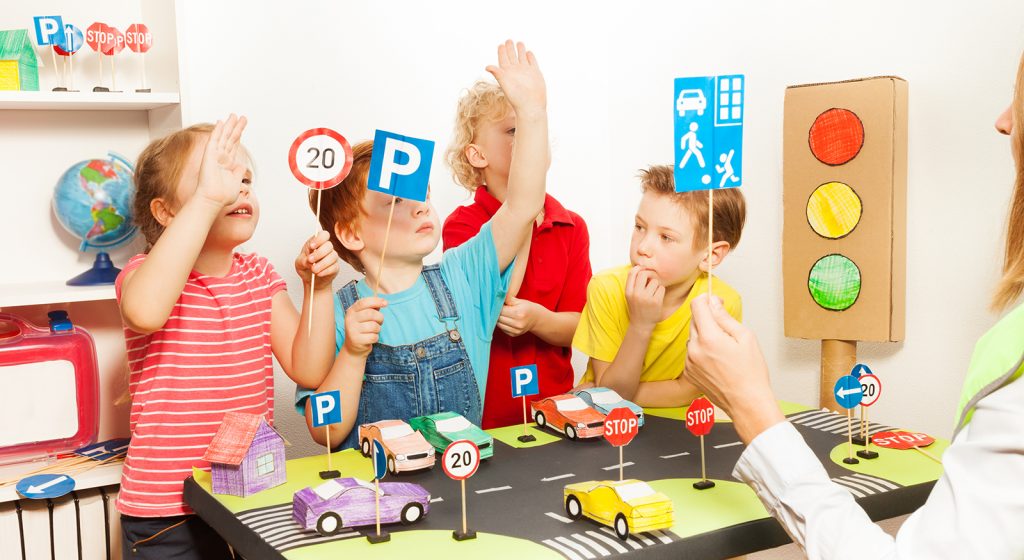
This is not a pop quiz
Who doesn’t remember surprise exams? The European Mobility Week and the gradual return to school is a great opportunity to refresh or teach road safety guidelines to future generations. And let no one catch us in a bind without knowing our lesson off by heart.
Of course, it seems crucial that parents, as pointed out by the Directorate General of Traffic, transmit “values, attitudes and norms”. Notions that will help young people get to know the traffic codes when using public roads as pedestrians, at the wheel of a car, as co-pilots or riding bicycles, motorcycles and scooters. The importance of respecting traffic signs and being aware of everything that surrounds driving is reflected, precisely, in the theme chosen by the European Commission for this year’s campaign: “Shared Public Space”.
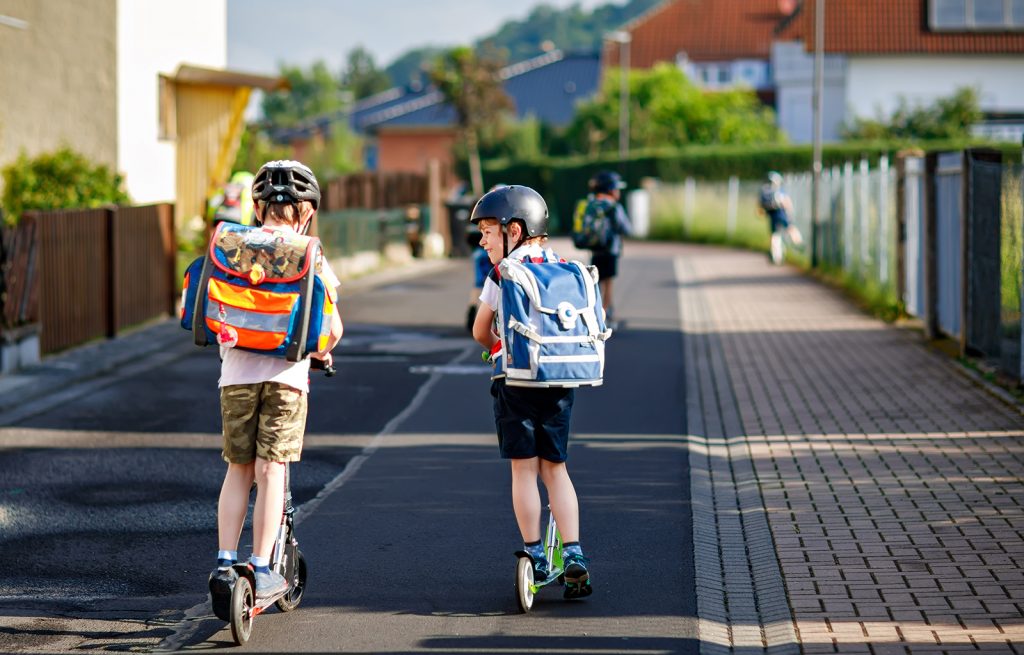
Because the place “where people, modes of transport and activities have their own space offers greater social equity, more road safety, less noise and air pollution and a better quality of life”, as stressed by Spain’s Ministry for the Green Transition and the Demographic Challenge. Benefits that are shared by teachers with their students —with talks and activities— and that, without a doubt, concern and involve all of us in some way. And yes, let’s hope that the grades on this exam —a team effort— are perfect.